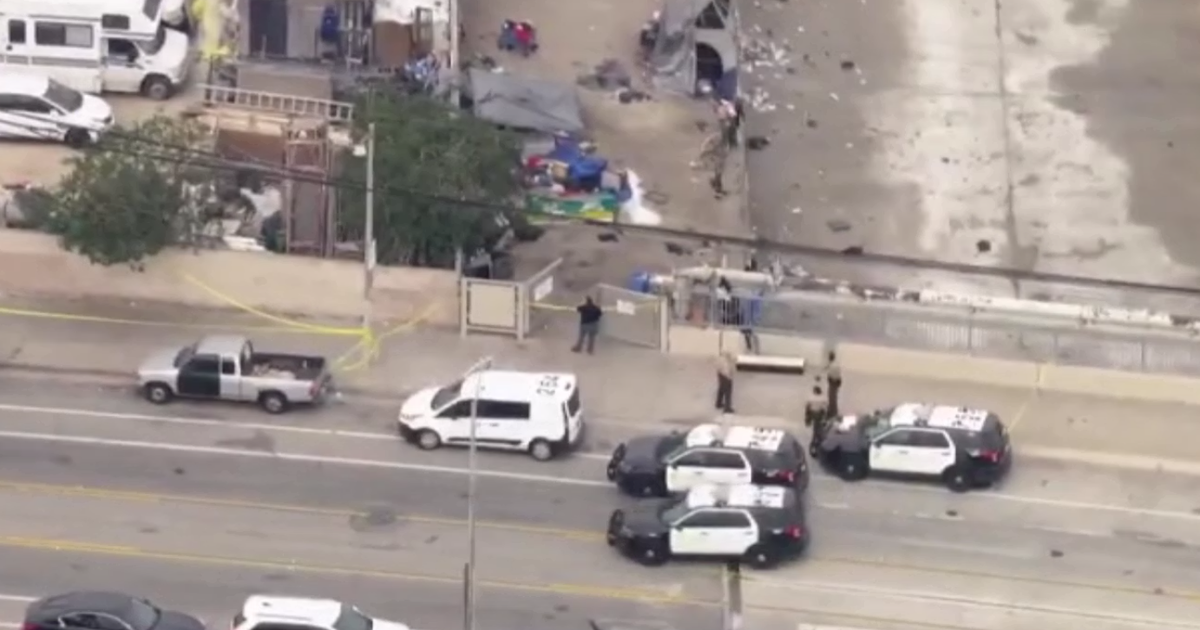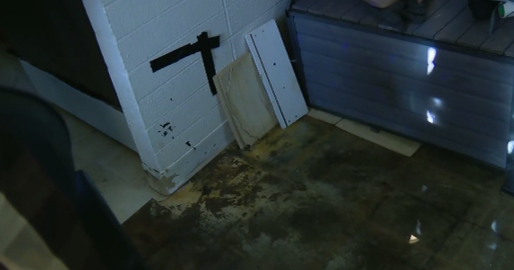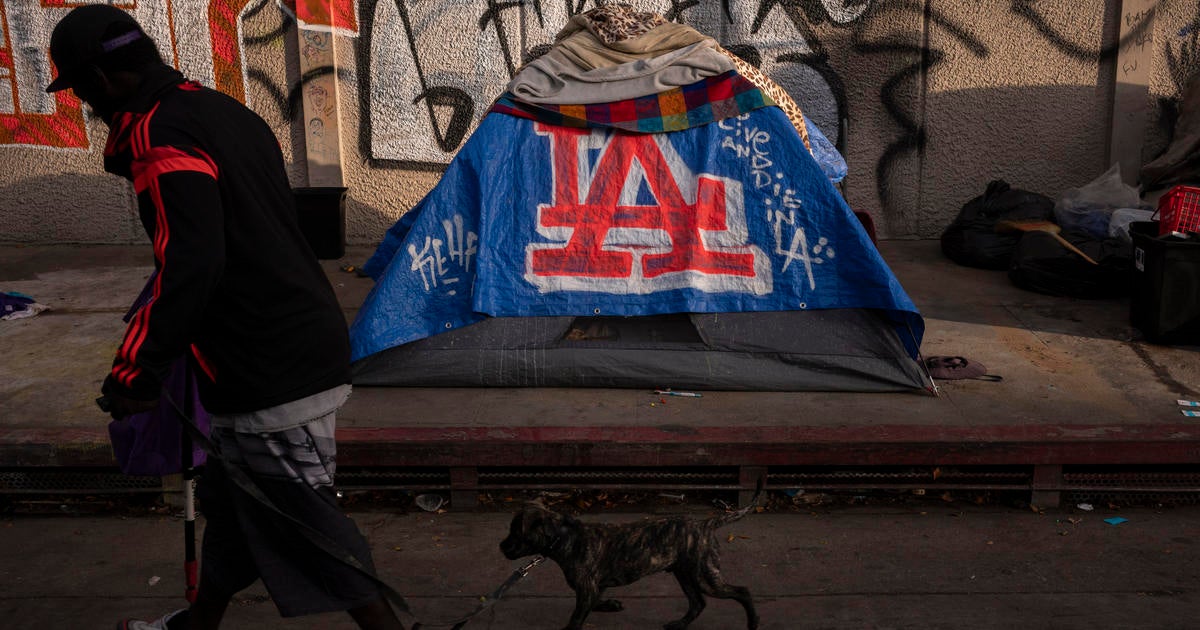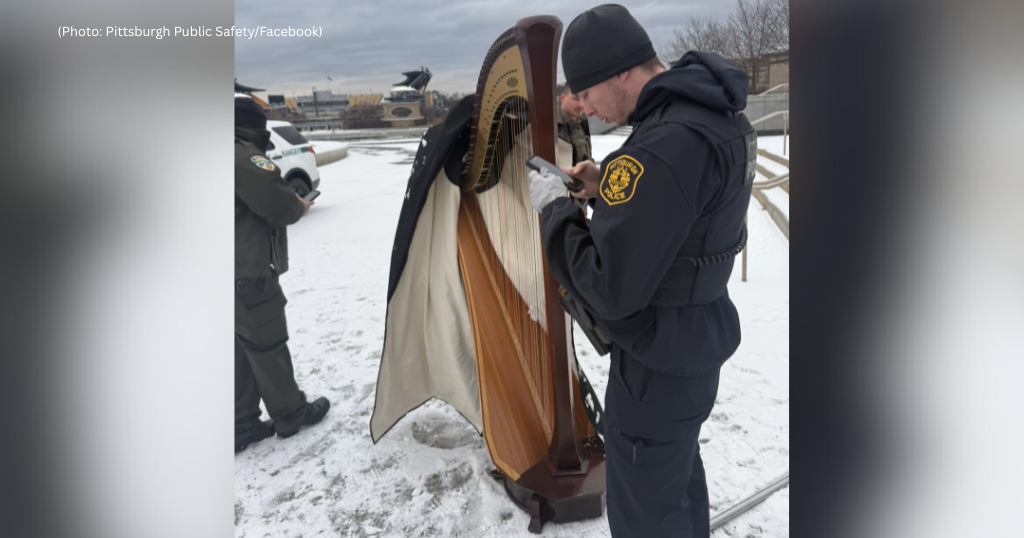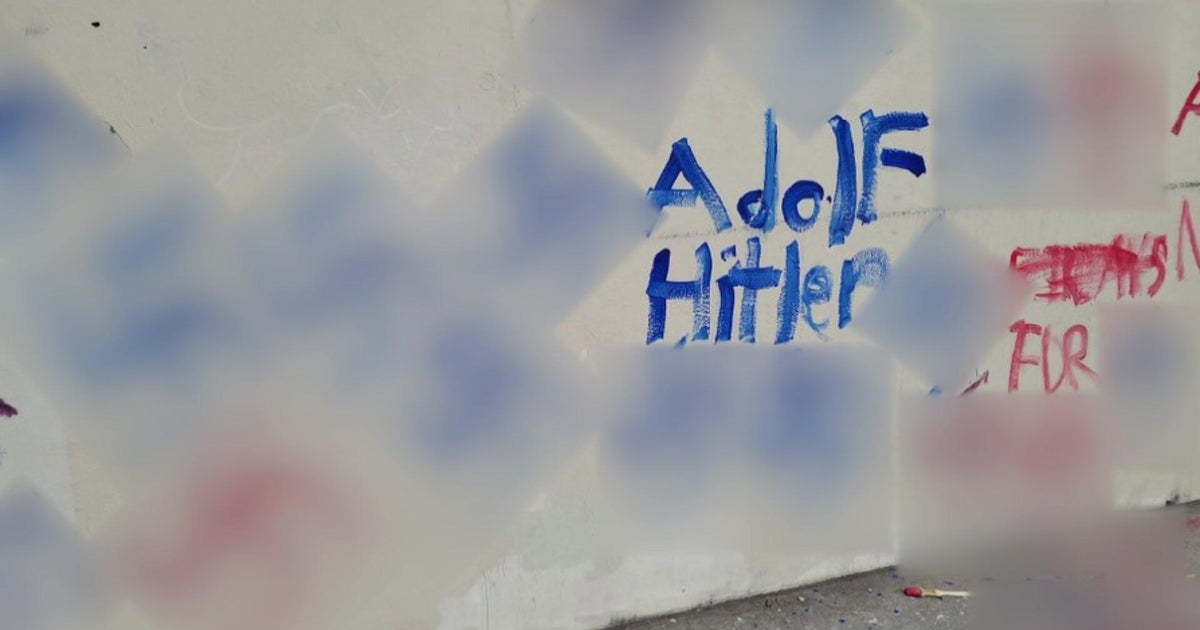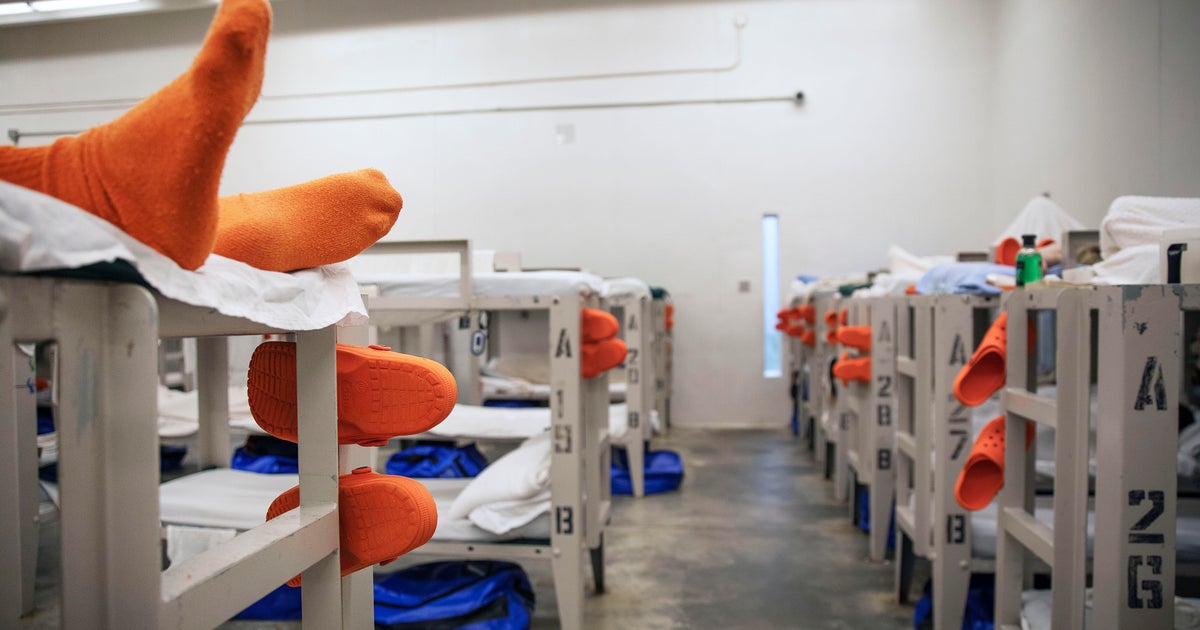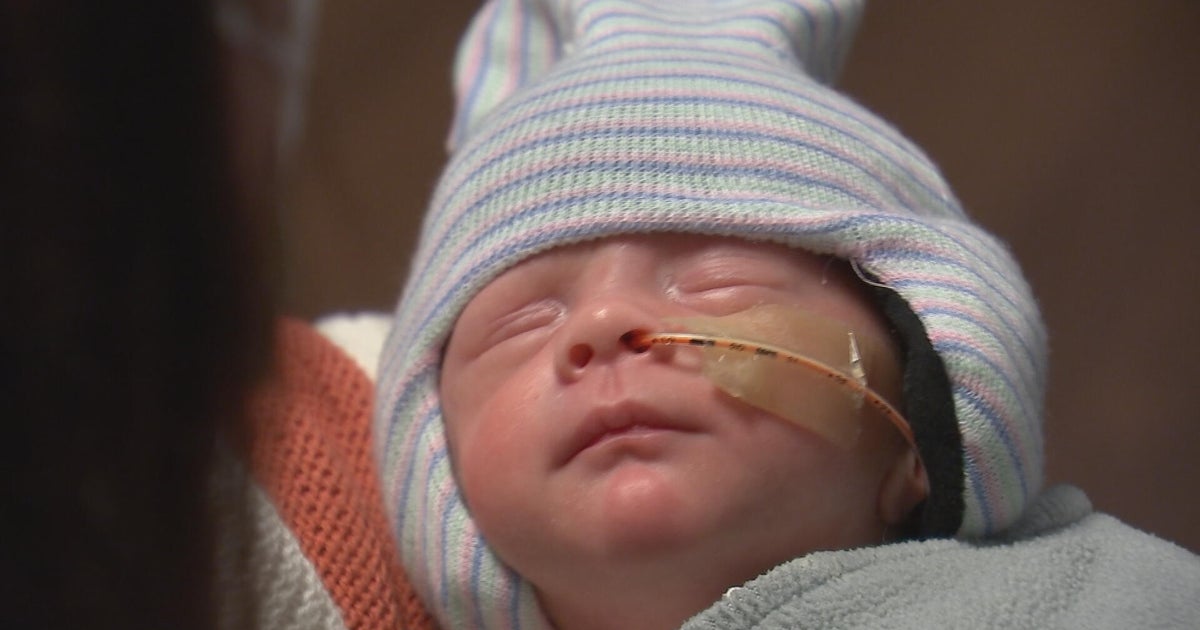Keck School Of Medicine Program Brings Medical Care To LA's Unhoused Residents
LOS ANGELES (CBSLA) — Another morning means another full day of treating patients for physician assistant Brett Feldman.
"Johnny, how's it going," Feldman greets a man recovering from hand surgery.
But Feldman, the director of Street Medicine at the Keck School of Medicine of USC, doesn't see his patients in an office.
"[He] stays at the bus stop and he tries to use it for shade," Feldman says of Johnny, who is unhoused. "He had a photosensitive reaction from just constant exposure to the sun."
Los Angeles is home to an estimated 66,000 unhoused residents living at bus stops, on sidewalks, in parks and parking lots and off-ramp encampments throughout the city.
"The number one thing that we treat is actually congestive heart failure," Feldman says.
A visit typically starts with Street Medicine Community Health worker Joseph Becerra coming up to a location and asking if anyone is home.
"You respect their space just like you would in someone else's home," Feldman says. "And then they come out, and you begin to see them."
On a recent morning, Feldman and Becerra made a stop to see Louis, who has been a patient for more than two years.
"You're basically family, bother," Becerra tells Louis as they treat him in the back of their vehicle.
Feldman says the Street Medicine team can dispense medications, draw labs and perform ultrasounds, but that comes after they've built a rapport with their patients.
"The first thing is to deliver that tender love," Feldman says. "We like to hug our patients, touch our patients."
But, due to the pandemic, the hugs the team used to share with their patients have been largely absent, so Feldman has had to get creative.
"We've had to think of other ways to show them how much we care for them," he says.
Feldman says offering medical care to those on the streets is a calling, but that does not make it any easier.
"If we're not out there taking care of them, then nobody is out there taking care of them," he says. "It's really hard, and to do it well you have to be willing to share in some of their suffering with them.
"Right now, the conditions that we're seeing are worse than before COVID," Feldman continues. "We've always seen people under bridges, now they're sleeping inside bridges."
The Street Medicine team can only carry a caseload of about 300 patients, so Feldman says they choose the ones that need them the most.
"Folks in the hospital, we ask them where they stay and they'll say, 'Oh, I stay in the second tent on the corner of here and here, the blue tent,'" Feldman says. "We follow them on the street anywhere they go."
Which is exactly what the team does for Johnny, checking in at least once a week, making sure his bandages get changed and he makes it to follow-up appointments with his surgeon. And, when they can, making sure he has food.
On this particular visit, Feldman asks Johnny if he can bring some medical students with him next time.
"So you're like part of their education," Feldman says. "Basically we need your help to make sure that they become good doctors."
Feldman says his team gets referrals from their regular patients to go check on their friends.
"We get referrals from one bridge to the next," he says. "And that's what brings me the most joy."
One of the biggest challenges the team faces is paying for care, because while most of their patients have Medi-Cal, the street is not considered a legitimate address to deliver medical care, so claims are often denied.



